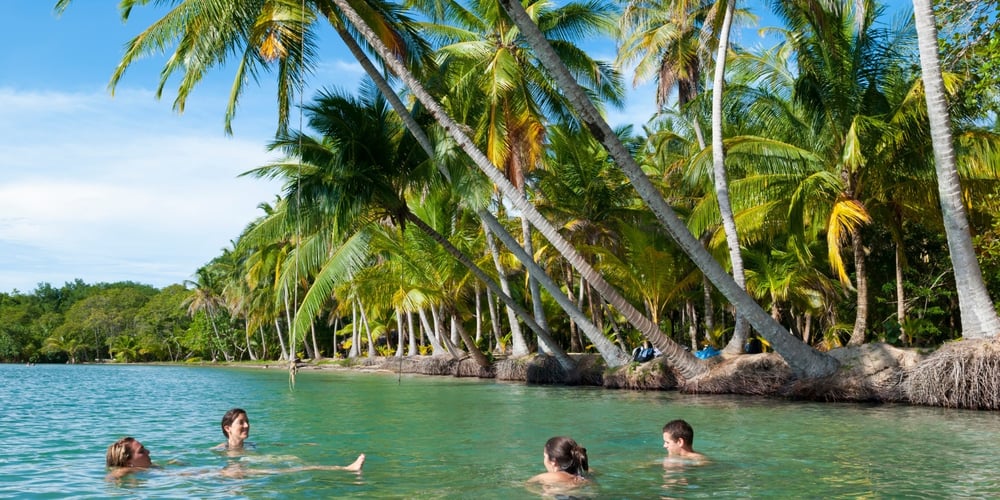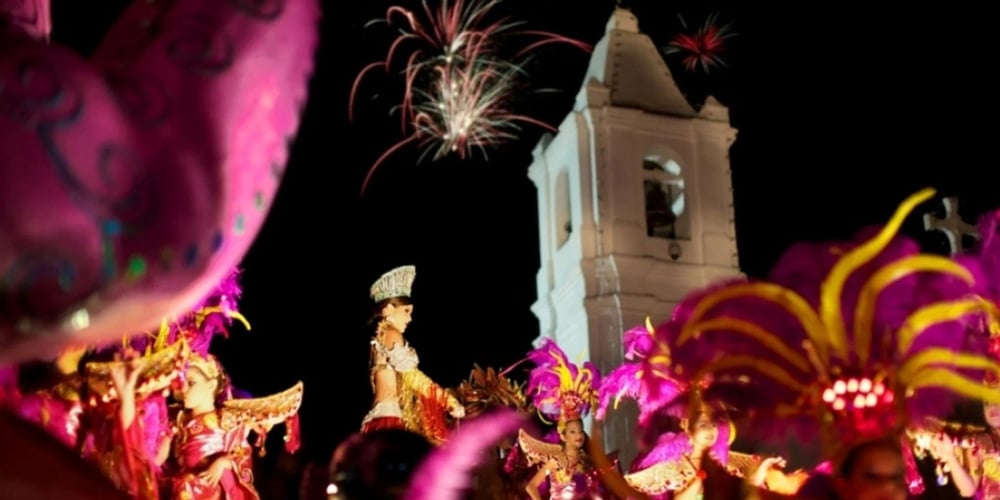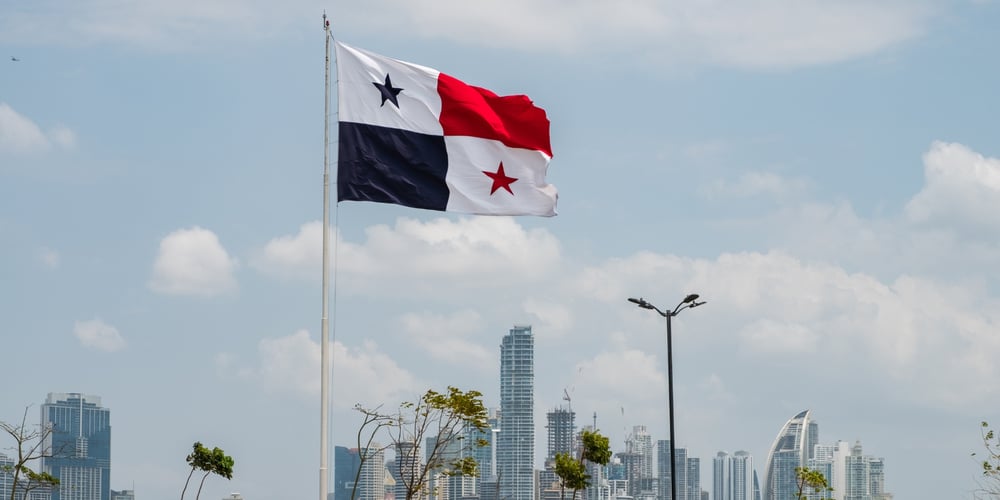Essential Travel Requirements and Customs Tips for Panama Visitors in 2023
Welcome to the vibrant world of Panama, where lush rainforests meet pristine beaches, and modern cities blend seamlessly with historic treasures. If you're planning a visit to this captivating Central American gem in 2023, it's crucial to be well-informed about the travel requirements and customs procedures that await you.
In this article, we'll provide you with valuable insights and tips to ensure a hassle-free and enjoyable experience as you embark on your journey to Panama. From essential documents to customs declarations and local regulations, we've got you covered, so you can make the most of your adventure in this tropical paradise.
As a first-time visitor to Panama, it's essential to be well-prepared for your journey. One of the crucial aspects of this preparation is understanding the customs process you'll encounter upon your arrival.
Customs Declarations:
When your flight gets closer to the warm and inviting climate of Panama, the flight attendants will distribute customs declaration forms to all passengers. These forms are official documents that require you to declare the items in your luggage and any belongings you're bringing to Panama for personal use. What's convenient is that these forms are available in both Spanish and English, making it accessible for travelers who may not be fluent in Spanish.
The distribution of these forms in advance serves a vital purpose: to help you streamline the customs checking process, which occurs just before you enter Panama. This proactive approach by the airline aims to ensure a smooth transition into Panamanian territory.
Group Travel:
If you're traveling with your family or a group, it's important to note that the authorities may ask for a responsible adult within the group to complete the customs declaration forms on behalf of everyone. Similarly, when you reach the customs checkpoint, the agents might inquire about your visit, and their approach could involve interviewing each member of the group, depending on the agent's discretion.
The Role of The Customs Authority of Panama (ANA):
The Customs Authority of Panama (Autoridad Nacional de Aduanas – ANA) is the entity responsible for overseeing security checkpoints at various airports and ports across the country. Their primary role is to interview travelers and verify that they meet all the necessary travel requirements for entry into Panama.
Travel Requirements:
To ensure a smooth entry into Panama, you should have the following essential documents:
- A valid passport with at least six months of validity remaining.
- A return ticket to either your country of origin or your next destination.
- Proof of economic solvency, which can be satisfied with local currency in US Dollars or Balboas.
- Information about your lodging arrangements, such as the hotel or guesthouse address and the purpose of your visit.
- Depending on your nationality, you may need to obtain a tourist visa before traveling to Panama. It's advisable to check with the Panamanian consulate in your home country or consult your airline for guidance.
- Travelers coming from Brazil must have a mandatory yellow fever vaccination and carry the international vaccination certificate issued by ANVISA. However, there are exceptions for children under one year, adults over 60, transit travelers in Brazil, and those with medical contraindications.
- As of the provided information, there are no specific COVID-19 restrictions or requirements for entry into Panama.
Understanding Economic Solvency:
-
The requirement for proof of economic solvency is rooted in Panamanian law and is intended to ensure that travelers have the financial means to support themselves during their stay. The specific amount required may vary based on your visa requirements. Although customs agents may not always request this proof, it's a legal requirement to carry evidence of your financial solvency, such as cash or your latest debit or credit card balance.
-
For clarity, if you possess less than $10,000 in cash or valuables, you are not obligated to declare them. However, any amount exceeding $10,000, whether in cash or valuables, must be declared. Failing to do so can lead to serious legal consequences and may result in denial of entry to Panama. Travelers in transit within airport terminals are exempt from the solvency proof requirement.
Visa Information:
Tourists visiting Panama typically receive a visa that grants them a stay ranging from 80 days (3 months) to 190 days (6 months) if they hold a US or Canadian Passport.
Identification Requirement:
It's essential to carry your personal ID or passport, or at least a high-resolution copy, when you venture out for tours or sightseeing in Panama. This practice is for your safety and in case you encounter situations involving local authorities, hotels, banks, government agencies, or medical services. These entities may request your original personal ID documentation.
We hope this article has been a valuable resource in preparing you for your visit. Panama's rich culture, stunning landscapes, and warm hospitality await your exploration, and by understanding and adhering to the travel requirements and customs procedures, you can ensure a seamless and memorable trip. Whether you're here for the natural wonders of the rainforests, the architectural marvels of Panama City, or the relaxed charm of coastal towns, Panama has something to offer every traveler. So, pack your bags, bring your sense of adventure, and get ready to create lasting memories in this extraordinary country. Safe travels and enjoy your stay in Panama! 🇵🇦
.png?width=600&height=240&name=Untitled%20design%20(23).png)


